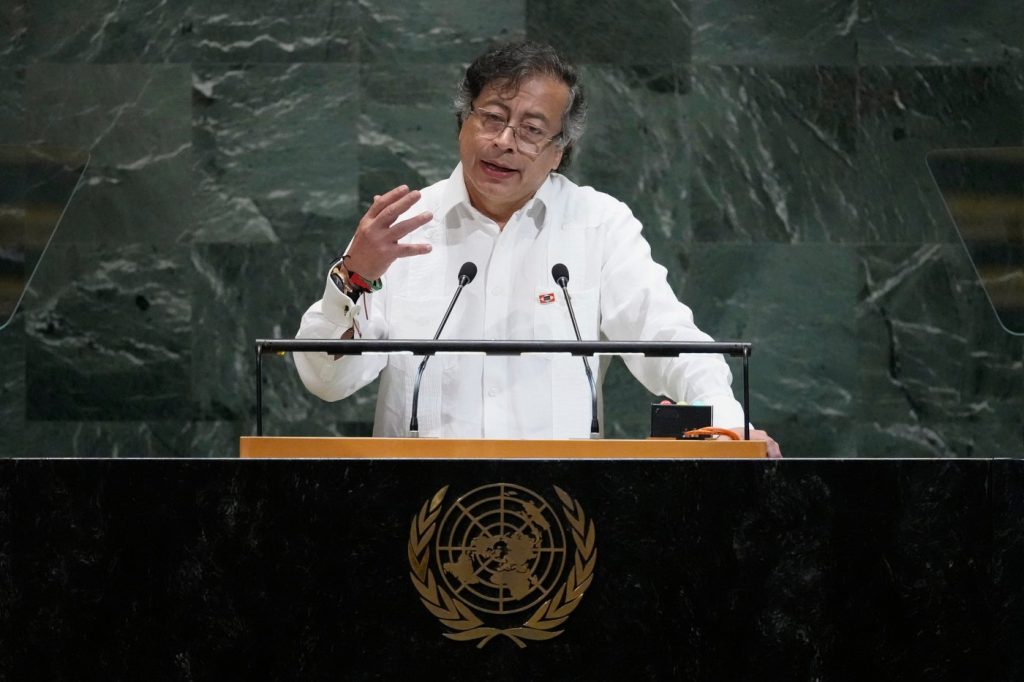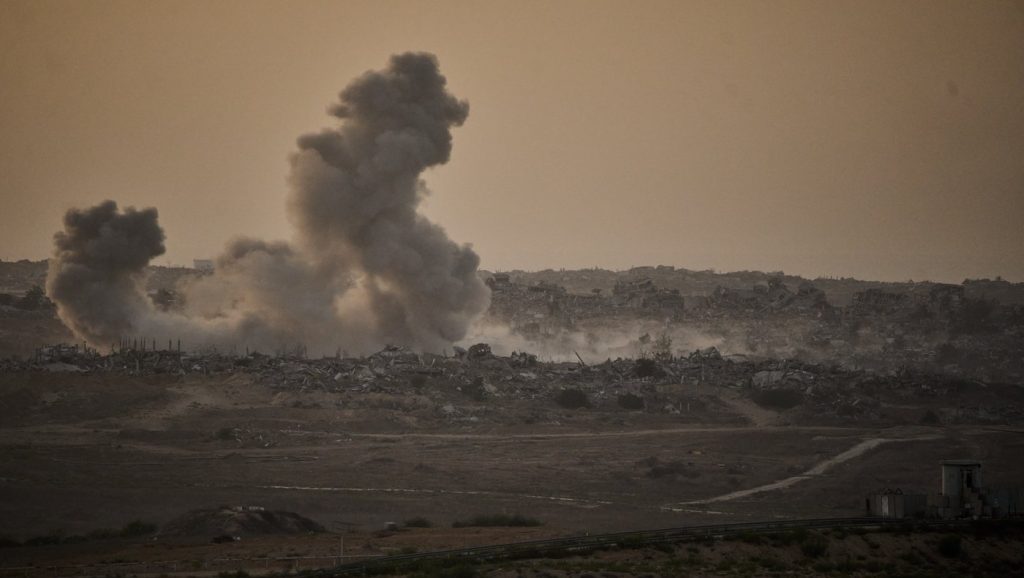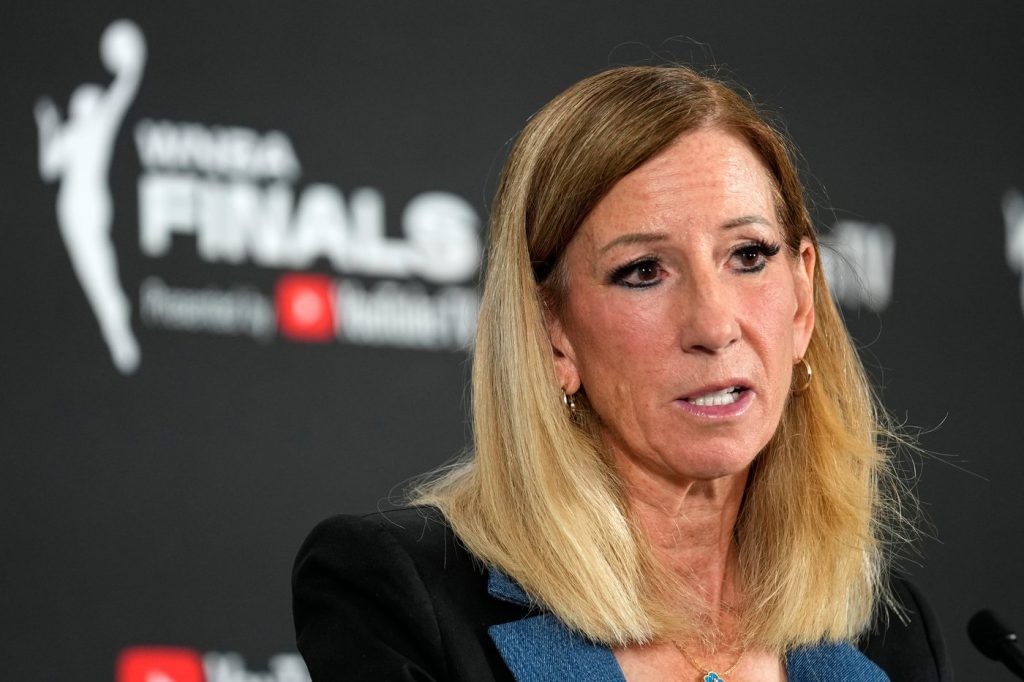UNITED NATIONS (AP) – The United States has accused Colombian President Gustavo Petro of undermining efforts toward achieving lasting peace and urged his administration to prioritize combating violence and drug trafficking perpetrated by "narco-terrorist groups." U.S. Ambassador Mike Waltz expressed his concerns during a U.N. Security Council meeting, stating that President Petro's policies have resulted in increased instability and violence within Colombia.
The relationship between the United States and Colombia reached a significant low following Petro's participation in a pro-Palestinian protest during the U.N. General Assembly. In response to this action, the U.S. State Department revoked Petro's visa. The president has also faced criticism from senior U.S. officials for denying American extradition requests and opposing the Trump administration's immigration policies and efforts to tackle drug trafficking in Venezuela.
Ambassador Waltz highlighted recent escalations in violence attributed to narco-terrorist groups, stating that these attacks on Colombian security forces and civilians pose a threat that could extend beyond Colombia, jeopardizing regional and U.S. safety. Waltz stressed the importance of Colombia's government prioritizing these threats, noting deep concerns about potential peace negotiations that might grant these groups impunity.
The Security Council has been monitoring the 2016 peace accord that ended over 50 years of conflict between the Colombian government and the Revolutionary Armed Forces of Colombia (FARC), a deal that has significant implications for over 220,000 casualties and nearly 6 million displaced individuals. During the meeting, Waltz warned that the Trump administration is reviewing whether to continue its support for the U.N. political mission in Colombia, given concerns about its expanding mandate that now includes broader political priorities like transnational justice and minority rights.
Colombia’s U.N. Ambassador Leonor Zalabata Torres made a fervent appeal to the Security Council to renew the mandate of the U.N. mission set to expire on October 31. Emphasizing her identity as an Indigenous woman, she reaffirmed the Petro government's commitment to the 2016 peace agreement, particularly regarding the recognition of Indigenous peoples and those of African descent, which she described as essential for achieving a complete and lasting peace. Zalabata Torres asserted that true reconciliation will only occur when Colombia acknowledges and embraces its cultural and ethnic diversity alongside justice for affected populations.
U.N. Assistant Secretary-General Miroslav Jenca, who visited Colombia in September, indicated that establishing lasting peace after decades of conflict is a "complex work-in-progress." He underscored the delicate period ahead for Colombia, especially with presidential and legislative elections scheduled for May 2026, which may heighten existing tensions. Notably, President Petro is barred from seeking a second term, adding another layer of complexity to the political landscape as Jenca prepares to assume his role as head of the U.N. mission in Bogotá later this month.












